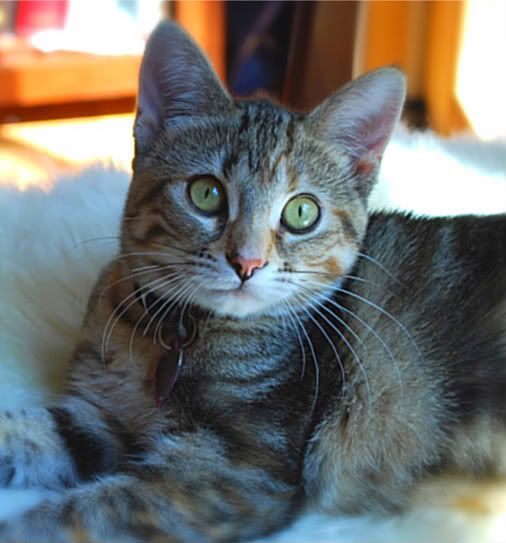This fall we plan to cover Earth Science and some Astronomy, in addition to our general science meanderings. Currently I teach science at a co-op, so these plans are set up for multiple ages, grades 1-8. There are only enough lessons to cover a semester of course work. In addition to these plans, I will include topics of personal interest to my dd and topics related to history/geography. Another route to go would be to teach a second semester on weather, environmental concerns, and oceans.
I like to coordinate resources, and then pull from here and there to come up with "my own thing" that suits my teaching style. Science is one of my favorite subjects, so it is important to keep the love of the subject alive in my students, rather than dwelling on how many minute facts per minute I can cram in.
A balance of vocabulary (I think of science as having it's own language), scientific literacy, and hands-on inquiry works best for me. To fall into a ditch of either reading only or hands-on only is not best practice. The kids need a framework to 'hang' their inquiries on. We can balance both, while keeping the students' natural curiosity intact. Too much drilling and testing too early can kill that.
An excellent source of science assistance can also come in the form of a good software program, such as Plato Science by CyberEd. You can see a demonstration at the FAQ page at Homeschool Buyer's. This program does instruction, virtual experiments, application questions, and testing on each topic. If your middle school-age child likes to work on the computer, this product is great! I would supplement with an experiment book that can be enjoyed by the whole family, such as an appropriate VanCleave or TOPS.
I'm sure this won't be a surprise, but I am not a fan of workbook science. If direct instruction is absolutely not an option, I would consider signing up for a science/nature study class or buying some good software to balance science reading. Making time for hands-on inquiries is essential -- I don't consider it an "extra" from about 5th grade and up. Hands-on science doesn't have to be done every week - but so much of the *joy* of science is in the "doing." Make time for it somewhere in your schedule. Keep your family together in science so that you can question, experience, discuss and read together! A schedule like mine would be one resource toward that end. Science products designed to facilitate families with a range of ages learning together include the Christian Kids Explore series, Apologia Elementary, and Great Science Adventures.
Consider blocking off one day a week, or a few weeks in your semester to devote to hands-on science. Spend the money and buy kits so everything is handy. If science is lacking at your house, consider starting a short term (6 weeks or so) science co-op with a friend so you can encourage one another and share the work!
Science for me is about asking questions, attempting to answer them through experimentation and demonstration, while teaching "the language" of science. A little imagination sure helps, too. I would rather cover fewer science topics and cover them WELL. It is so rewarding to see those eyes light up! All it takes is a little planning ahead and a bit of room in my schedule. Science is a real joy - and worth the extra effort.
Exploring Earth & Space 2008-9
Topics
| What are the Physical Features of the Earth? |
| What are faults in the lithosphere? |
| How are Mountains Formed? |
| What is a Volcano |
| What are Igneous and Sedimentary Rocks |
| What are Metamorphic Rocks? |
| What is Soil |
| What are Earth's mineral resourc |
| What is weathering and erosion? |
| How do rivers shape the land? |











 >
>
2 comments:
Tami,
The link takes me to Keep and Share but it is only open to members. How do I get to your lessons?
Donna
Hi Donna!
Thanks for letting me know. I fixed it now. Let me know if you have any further problems opening the file.
: )
Tami
Post a Comment